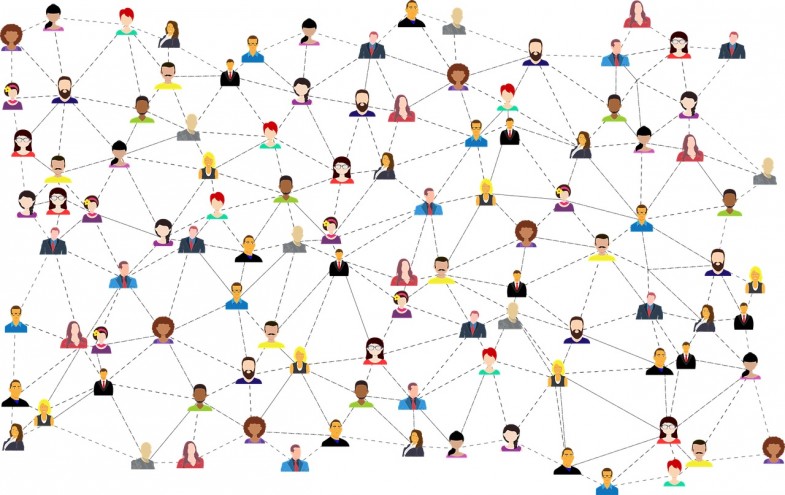BUILDING A BUSINESS THAT FOCUSES ON THE COMMUNITY IT SERVES
For the past 37 years, the Island Institute has worked in, and become a part of, Maine’s island and coastal communities. Once you’ve lived in a small community for a period of time, the interconnectedness of everything and everyone begins to be revealed. If you grew up there, it’s simply in your DNA. If you move there from “away” like many of us, it takes some time to begin to understand. I’m a firm believer in the theory that those who understand it stay, and those who don’t leave.
If you’ve been fortunate enough to live in a small community, then you understand how much local support matters. Supporting your community, it’s small business owners, and buying as much of your goods and services locally helps everyone. The dollar spent at one local business causes a ripple effect that benefits other businesses and organizations in the same community. For many people, the pandemic is creating new local connections and a better understanding of the importance of supporting local, small business owners. We’re noticing an even greater interest from business owners on how they can reposition their business in a way that prioritizes community while at the same time producing a profit that allows them to keep their doors open and thrive.
Small business owners are looking to us to help them start making those connections. Your existing business structure can easily provide more value to your community. One example of a structure you may want to pursue is a B-Corporation (Business for Good, Part 1: Certified B Corporations). Co-ops are also a popular way for employees to have ownership in the business in which they work or for business owners to co-own an entity that may provide them with sales and distribution at a level larger than they can sustain n their own. Each of these examples fall under the concept of “social enterprises” (Business for Good, Part 2: Social Enterprises) or even “conscious capitalism.” Both are focused on mission first, then profit a very close second. That mission could be workforce training like Goodwill Industries which provides a sales venue for multiple artists through a cooperative gallery, or trying to help stem the environmental crisis like Patagonia. Your mission could also simply be a focus on providing stable, well-paying jobs in your community.
In the months ahead, we will be exploring what it means to build or re-focus a business that concentrates not only on its bottom line, but on the communities it serves. This is not necessarily about sourcing sustainably produced raw materials (although it can be). It’s about understanding the web in which your business, your family, and your community exist.
Many of you are already doing it, you just probably never thought about it in this way.
HELPFUL LINKS
- Business Resilience Grant Application
- Business in Uncertain Times Podcast
- Small Business Resource Page
- Island Institute On Demand Recordings
WHAT WE DO
The Island Institute’s Small Business Team provides business and financial planning to help entrepreneurs navigate the complexities of starting and growing a business. For more information on our small business support services, feel free to contact Craig Olson.
Commercial Currents is an email and blog newsletter that shares buoyant stories from Maine’s island and coastal communities about economic stability and resilience. To find archived editions, go to islandinstitute.org/blog/economic. Subscribe here.


